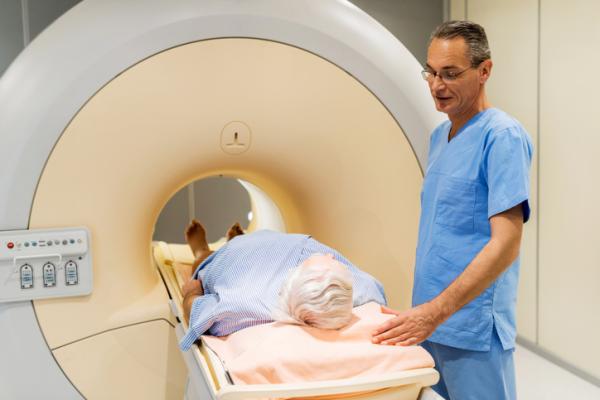
July 2, 2024 — A new editorial paper was published in Oncoscience (Volume 11) on May 20, 2024, entitled, “Deep learning-assisted lesion segmentation in PET/CT imaging: A feasibility study for salvage radiation therapy in prostate cancer.”
In this new editorial, researchers Richard L.J. Qiu, Chih-Wei Chang, and Xiaofeng Yang from Emory University discuss prostate cancer. Prostate cancer persists as the most frequently diagnosed malignancy in men beyond skin cancer. Despite substantial advancements in treatment outcomes over the past half century, progression or recurrence post-initial treatments like prostatectomy or radiation therapy remains a challenge for a subset of patients.
“In those scenarios, salvage radiation therapy is often offered to patients as a treatment option. To design the salvage radiation therapy, imaging is required to detect and locate the recurrence disease regime.”
Traditional imaging modalities employed post-prostatectomy, such as CT, bone scans, MRI or 18F-FDG PET, often fall short in accurately detecting and determining the volume of the recurrent disease, which is crucial for salvage radiation treatment planning. However, the introduction of 18F-fluciclovine (anti-1-amino-3-18F-fluorocyclobutane-1-carboxylic acid) PET/CT has marked a significant advancement in salvage disease management. Recent studies, including the phase 2/3 randomized controlled trial, Emory Molecular Prostate Imaging for Radiotherapy Enhancement (EMPIRE-1), demonstrated improved biochemical recurrence or persistence free survival rates when incorporating 18F-fluciclovine PET/CT into post-prostatectomy radiation therapy planning.
One key step in salvage radiation therapy planning is the delineation of lesions on the 18F-fluciclovine PET/CT images, a task currently undertaken manually by physicians. This practice, while meticulous, is labor-intensive and prone to inter- and intra-observer variations. With the recent explosion of using artificial intelligence (AI) algorithms in medical image processing, automatic segmentation of lesions using deep learning (DL)-based lesion delineation methods demonstrate promising potential to improve treatment quality, as opposed to manual contouring.
For more information: https://www.oncoscience.us/


 February 13, 2026
February 13, 2026 









